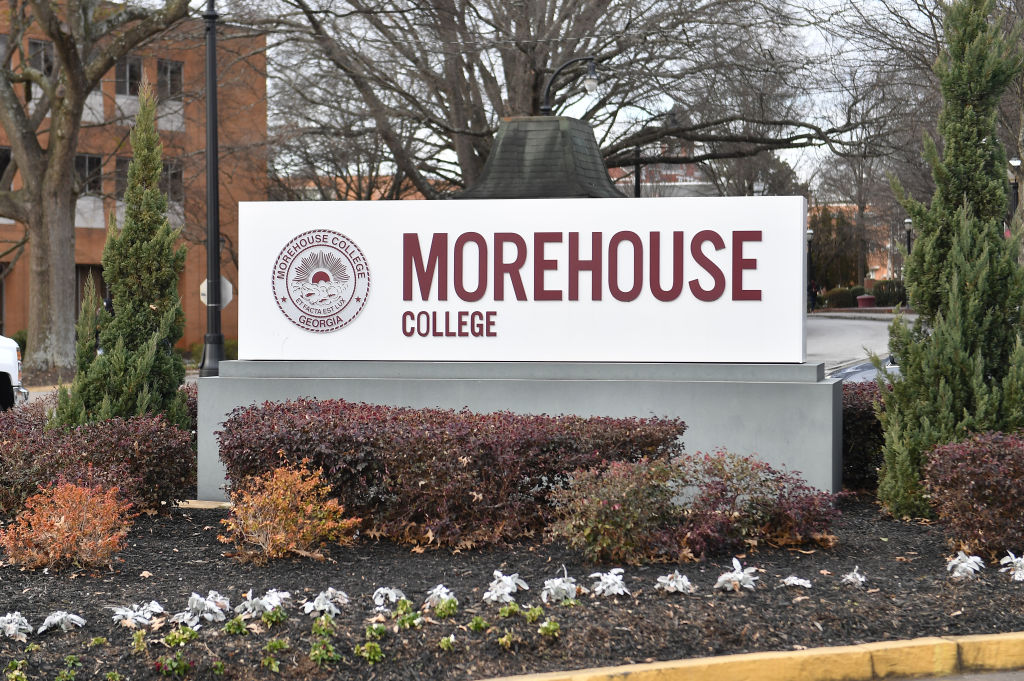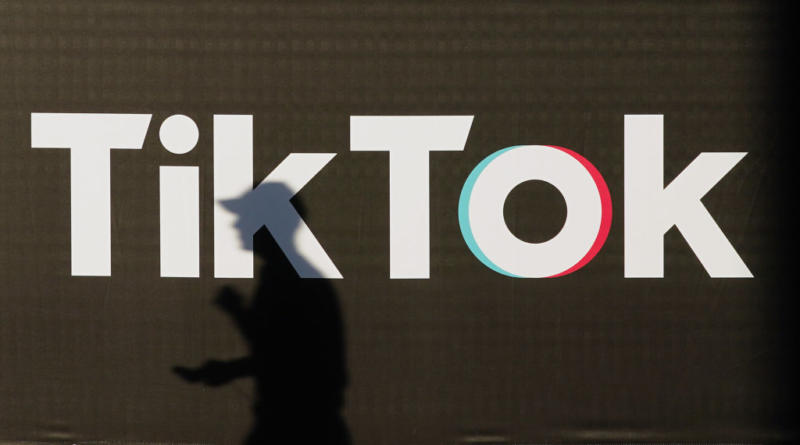President Donald Trump has set a strict deadline for schools and universities to revise their DEI policies.
AP News reports the Education Department has stated “racial preferences” can no longer be applicable in admissions, financial aid, or hiring. Beginning in 14 days, “educational institutions may neither separate nor segregate students based on race, nor distribute benefits or burdens based on race,” the memo read.
“The last thing students need when making plans about how to pay for college is uncertainty over when or whether they will receive financial aid they’ve been relying on,” The National Association of Student Financial Aid Administrators said in a statement.
The mandate was listed in a memo released on Friday, Feb. 14, which was a continuation of Trump’s executive order to dismantle diversity, equity, and inclusion (DEI). This included placing federal employees in DEI roles on paid leave per the administration’s agenda to “take steps to close/end all DEIA initiatives, offices and programs,” as AFROTECH™ previously reported.
Within education, additional measures to uphold what is viewed as merit-based selection, rather than race-based considerations, include deeming it illegal for colleges to eliminate standardized testing requirements “to achieve a desired racial balance or to increase racial diversity.” In Fall 2023, over 80% of four-year colleges no longer required standardized testing, Forbes mentioned.
“Schools have been operating on the pretext that selecting students for ‘diversity’ or similar euphemisms is not selecting them based on race,” said Craig Trainor, acting assistant secretary for civil rights. “No longer. Students should be assessed according to merit, accomplishment, and character.”
The White House mandate has now prompted universities and schools nationwide to reconsider college application essays, classroom lessons, campus clubs, and operations, AP News reports. It is fueling heightened uncertainty amid concerns over what would hold up in court.
Chief Justice John Roberts mentioned in a Supreme Court decision that colleges are not barred “from considering an applicant’s discussion of how race affected his or her life.” However, this is not a shortcut to consider race in admission.
During a Feb. 13 hearing, Linda McMahon, the education secretary nominee, was asked whether African American history would conflict with Trump’s order but could not provide clarity.
“Colleges and universities are going to find themselves between a rock and a hard place,” Angel B. Pérez, CEO of the National Association for College Admission Counseling, said to AP News. “They know that what they’re doing is not illegal, but they are worried that if they do not comply, not having federal funding will decimate them.”
Additional changes to the education system include a $600 million reduction in grant funding for organizations that train teachers, as mandated by the Education Department. This cut is attributed to concerns over the promotion of DEI initiatives, critical race theory, and social justice activism.
The School Superintendents Association states that cuts in funding and the new mandate are subject to investigations and encourages schools and universities not to abruptly cut programs.
“We’re not certain a district should do anything beyond reading the guidance, talking to their legal counsel, and assessing community interest around existing programs,” explained Sasha Pudelski, the group’s director of advocacy, according to AP News.

















